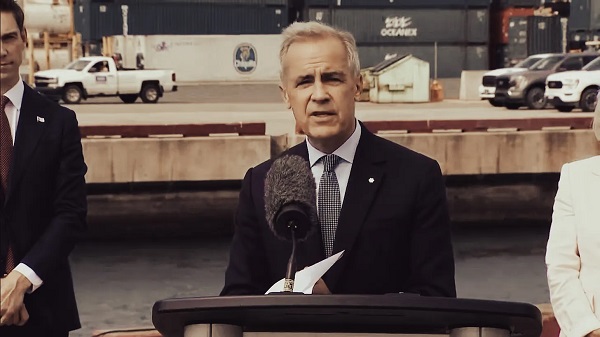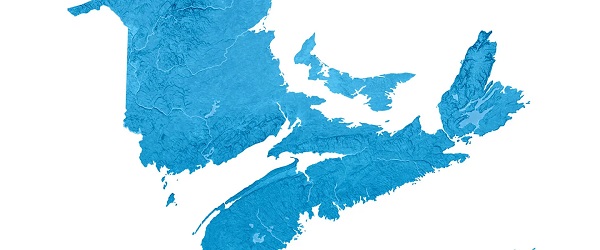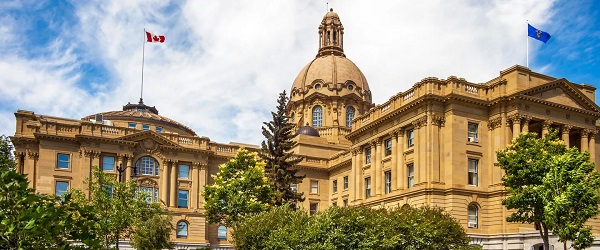Alberta
Fighting Food Waste in 2021 – The Leftovers Foundation
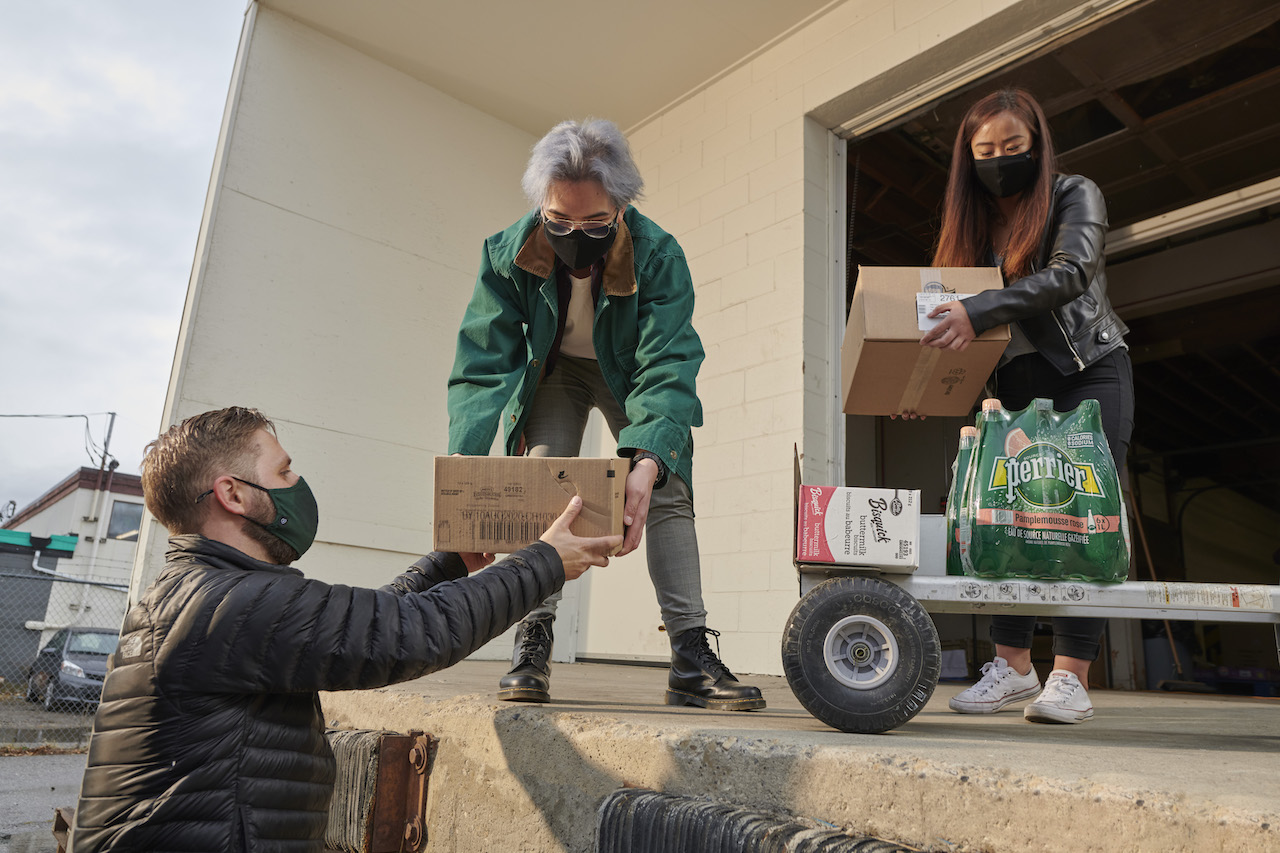
It’s 2021, and world hunger persists.
Statistics show the global agricultural industry produces enough food to successfully feed the population of the entire planet. Yet, hundreds of millions of people in both developing and developed nations experience food insecurity and poverty every single day. Food waste represents a massive modern crisis.

Live Green Toronto, 2018
Food waste, not to be confused with food loss, refers specifically to edible items that are discarded, despite being completely fit for human consumption, following initial production stages such as harvest and transportation.
Between restaurant, retailer and household waste, massive amounts of edible food are wasted every single day, all around the globe. Despite much of this waste being avoidable, the fact remains that thousands of pounds of viable food travel from farms to landfills each year. From both a human interest and environmental perspective, food waste represents a crisis with significant consequences.
According to a 2018 report on Global Food Waste and its Environmental Impact, “An estimated 1.3 billion tonnes of food is wasted globally each year, one third of all food produced for human consumption.”
A 2019 Technical Report on The Avoidable Crisis of Food Waste by Second Harvest highlights that in Canada alone, the annual avoidable food loss and waste totals 11.2 million metric tonnes, reaching a total value of $49.5 billion. According to the report, this amount “equates to 3% of Canada’s 2016 GDP and would feed every person living in Canada for almost 5 months” (6).
In addition to harming the community, food waste negatively impacts the environment by creating a massive drain on existing resources without reason. “When edible items are discarded, it’s not just food that is wasted. Consider all the resources required to bring food from the farm to your table: water for irrigation, land for planting, fuel for powering harvest and transport vehicles … when restaurant owners fill their rubbish bins with uneaten meals, all those resources are essentially wasted” (1).
 Reallocating surplus goods, as opposed to throwing them away, is a critical step in reducing food waste, minimizing the carbon footprint of the agricultural sector, and aiding individuals in gaining access to basic needs. According to Second Harvest, “Four million Canadians have insufficient access to food. Nevertheless, of the avoidable and edible food loss and waste (FLW) that occurs along the value chain, an estimated 86 percent is currently not rescued and redistributed” (6).
Reallocating surplus goods, as opposed to throwing them away, is a critical step in reducing food waste, minimizing the carbon footprint of the agricultural sector, and aiding individuals in gaining access to basic needs. According to Second Harvest, “Four million Canadians have insufficient access to food. Nevertheless, of the avoidable and edible food loss and waste (FLW) that occurs along the value chain, an estimated 86 percent is currently not rescued and redistributed” (6).
 In Calgary, a number of citywide and business specific “food rescue” programs are in place with the goal of addressing and reducing those staggering statistics. Organizations such as the Leftovers Foundation reduce food waste by collecting and redirecting leftover products to places in need, such as shelters or charities, as opposed to letting them be thrown away at the end of each day.
In Calgary, a number of citywide and business specific “food rescue” programs are in place with the goal of addressing and reducing those staggering statistics. Organizations such as the Leftovers Foundation reduce food waste by collecting and redirecting leftover products to places in need, such as shelters or charities, as opposed to letting them be thrown away at the end of each day.
 With three locations across Calgary, Edmonton and Winnipeg, the Leftovers Foundation works with local restaurants, bakeries, grocers and distributors to redirect excess edible food where it is needed most. In Calgary, city coordinators work closely with food donors and service agencies to establish weekly and bi-weekly routes for pick up and drop off by volunteers. The Leftovers Foundation fulfills service agency food needs on both a scheduled and as-needed basis. “We are the connection point between people who have good, edible, nutritious food to donate,” says Audra Stevenson, Interim CEO for the Leftovers Foundation, “and those who are unable to put food on their plates.”
With three locations across Calgary, Edmonton and Winnipeg, the Leftovers Foundation works with local restaurants, bakeries, grocers and distributors to redirect excess edible food where it is needed most. In Calgary, city coordinators work closely with food donors and service agencies to establish weekly and bi-weekly routes for pick up and drop off by volunteers. The Leftovers Foundation fulfills service agency food needs on both a scheduled and as-needed basis. “We are the connection point between people who have good, edible, nutritious food to donate,” says Audra Stevenson, Interim CEO for the Leftovers Foundation, “and those who are unable to put food on their plates.”
 In 2019, the Leftovers Foundation launched their Food Rescue app in partnership with Technovation, to streamline connections between volunteers and food redirection routes. Stevenson describes the app as a “game-changer” for the organization, and as a result, the Leftovers Foundation has been able to standardize and scale their operations much more effectively.
In 2019, the Leftovers Foundation launched their Food Rescue app in partnership with Technovation, to streamline connections between volunteers and food redirection routes. Stevenson describes the app as a “game-changer” for the organization, and as a result, the Leftovers Foundation has been able to standardize and scale their operations much more effectively.
In this line of work, where the ultimate goal is to reduce food waste, food poverty, and the associated environmental impacts, collaboration is key. The Leftovers Foundation works collaboratively with other food rescue services around the city to avoid duplication and ensure all the food that can be saved, gets saved. “We’re supportive of every possible food rescue initiative,” says Stevenson, “It’s about every pound of food that makes it way onto someone’s plate instead of into the landfill.”
Other food rescue resources:
Calgary Food Bank Food Rescue and Share Program
https://www.calgaryfoodbank.com/foodmovement/
Kerby Centre Food Rescue
https://www.kerbycentre.com/support-services/foodrescue/
Zero Waste YYC
https://www.facebook.com/yyc.zerowaste/
In the war on food waste, every effort counts. “Food insecurity is becoming a bigger and bigger problem with COVID,” says Stevenson, “It’s not going to just go away. Any way you can get involved with our systems, whether it’s volunteering, donating, just paying attention to gaps in the community – now is the time to get involved and help reduce food waste.”
For more information on the Leftovers Foundation and how to get involved in Calgary’s efforts to reduce food waste, visit https://rescuefood.ca
For more stories, visit Todayville Calgary.
Alberta
Sylvan Lake high school football coach fired for criticizing gender ideology sends legal letter to school board

From LifeSiteNews
The letter on behalf of Alberta high school volunteer football coach Taylor ‘Teej’ Johannesson mentions ‘workplace harassment’ while demanding his job back.
A Sylvan Lake high school football coach who was fired for sharing his views opposing transgender ideology on social media in a video discussing his Christian faith sent a legal demand to his former school board demanding he get his job back.
H.J. Cody High School volunteer coach Taylor “Teej” Johannesson, as reported by LifeSiteNews, earlier this month was fired by his school’s principal because he spoke out against gender-confused youth who “take their hatred of Christians” to another level by committing violent acts against them.
School principal Alex Lambert fired Teej, as he is known, as a result of a TikTok video in which he speaks out against radical gender ideology and the dangers it brings.
In a recent update involving his case, local media with knowledge of Johannesson’s issues with the principal at H.J. Cody High School in Sylvan Lake, Alberta, confirmed a legal demand letter was sent to the school.
The letter reads, “From his perspective, this opposition is consistent with the Alberta government’s position and legislation prohibiting prescribing prescription hormones to minors and providing care to them that involves transition surgeries.”
In the letter, the school board’s “workplace harassment” procedure is mentioned, stating, “Any act of workplace harassment or workplace violence shall be considered unacceptable conduct whether that conduct occurs at work, on Division grounds, or at division-sponsored activities.”
The legal demand letter, which was sent to school officials last week, reads, “Given that Mr. Johannesson’s expression in the TikTok Video was not connected to his volunteer work, the principal and the division have no authority to regulate his speech and punish him by the Termination decision, which is ultra vires (“beyond the powers.)”
Johannesson has said, in speaking with local media, that his being back at work at the school as a volunteer coach has meaning: “It’s about trying to create some change within the school system.”
He noted how, for “too long,” a certain “political view, one ideology, has taken hold in the school system.”
“I’m hoping that this demand letter, and all the attention that they’ve gotten over this, causes them to make some change,” he stated.
Johannesson has contacted Alberta’s Chief of Staff for the Minister of Education about his firing and was told that there is a board meeting taking place over the demand letter.
According to Teej, Lambert used his TikTok video as an excuse to get rid of someone in the school with conservative political views and who is against her goal to place “safe space stickers” all over the school.
Teej has been in trouble before with the school administration. About three years ago, he was called in to see school officials for posting on Twitter a biological fact that “Boys have a penis. Girls have a vagina.”
Alberta’s Conservative government under Premier Danielle Smith has in place a new policy protecting female athletes from gender-confused men that has taken effect across the province.
As LifeSiteNews previously reported, the Government of Alberta is currently fighting a court order that is blocking the province’s newly passed ban on transgender surgeries and drugs for children.
Alberta also plans to ban books with sexually explicit as well as pornographic material, many of which contain LGBT and even pedophilic content, from all school libraries.
Alberta
Parents group blasts Alberta government for weakening sexually explicit school book ban
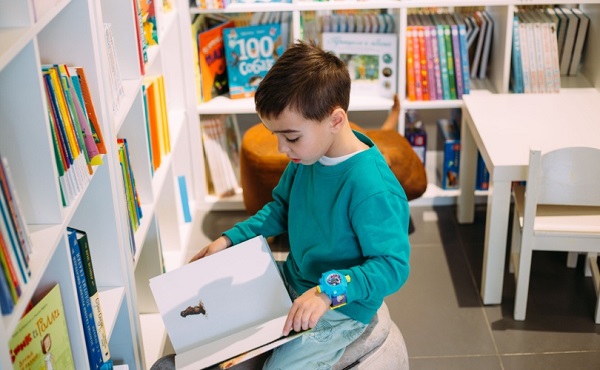
From LifeSiteNews
By
The revised rules no longer place restrictions on written descriptions of sexual content.
Some parental rights advocates have taken issue with the Conservative government of Alberta’s recent updates to a ban on sexually explicit as well as pornographic material from all school libraries, saying the new rules water down the old ones as they now allow for descriptions of extreme and graphic sexual acts in written form.
As reported by LifeSiteNews last week, Alberta Education Minister Demetrios Nicolaides of the ruling United Conservative Party (UCP) released revised rules outlining the province’s ban on sexually explicit content in school libraries.
The original ban included all forms of sexually explicit as well as pornographic material. However, after a large public school board alleged the ban applied to classic books, the government changed the rules, removing a clause for written sexual content that has some parental rights groups up in arms.
Tanya Gaw, founder of the conservative-leaning Action4Canada, noted to media that while she is happy with Premier Danielle Smith for the original book ban, she has deep concerns with the revised rules.
“We are very concerned about the decision that no longer places restrictions on written descriptions of those acts, which is problematic,” she said in an interview with The Epoch Times.
Gaw noted how kids from kindergarten to grade 12 should “never” be “exposed to graphic written details of sex acts: incest, molestation, masturbation, sexual assaults, and profane vulgar language.”
According to John Hilton-O’Brien, who serves as the executive director of Parents for Choice in Education, the new rule changes regarding written depictions “still shifts the burden onto parents to clean up what should never have been purchased in the first place.”
He did say, however, that the new “Ministerial Order finally makes catalogs public, and what we see there is troubling.”
Alberta’s revised rules state that all school library books must not contain “explicit visual depictions of a sexual act.” To make it clear, the standards in detail go over the types of images that are banned due to their explicit pornographic nature.
All Alberta schools have until October 31 to provide a list of books that will be removed under the new rules, with the ban taking effect on January 5, 2026.
As reported by LifeSiteNews in May, Smith’s UCP government went ahead with plans to ban books with sexually explicit as well as pornographic material, many of which contain LGBT and even pedophilic content, from all school libraries.
The ban was to take effect on October 1.
The UCP’s crackdown on sexual content in school libraries comes after several severely sexually explicit graphic novels were found in school libraries in Calgary and Edmonton.
The pro-LGBT books in question at multiple school locations are Gender Queer, a graphic novel by Maia Kobabe; Flamer, a graphic novel by Mike Curato; Blankets, a graphic novel by Craig Thompson; and Fun Home, a graphic novel by Alison Bechdel.
-

 International1 day ago
International1 day agoFrance records more deaths than births for the first time in 80 years
-

 National1 day ago
National1 day agoChrystia Freeland resigns from Mark Carney’s cabinet, asked to become Ukraine envoy
-

 Automotive2 days ago
Automotive2 days agoMichigan could be a winner as companies pull back from EVs
-
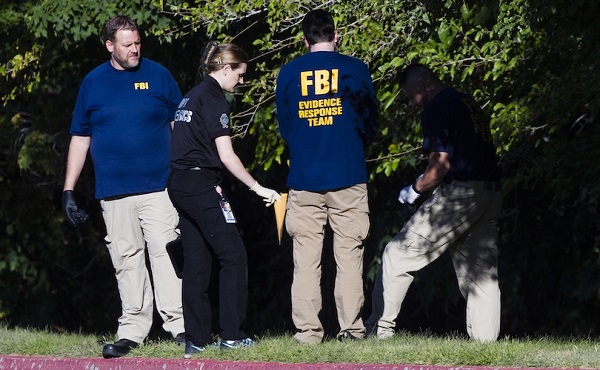
 Crime2 days ago
Crime2 days agoCanadian teacher showed Charlie Kirk assassination video to young students, said he deserved to die
-

 Business1 day ago
Business1 day agoOttawa’s so-called ‘Clean Fuel Standards’ cause more harm than good
-

 Energy19 hours ago
Energy19 hours agoA Breathtaking About-Face From The IEA On Oil Investments
-

 Alberta1 day ago
Alberta1 day agoParents group blasts Alberta government for weakening sexually explicit school book ban
-

 Business1 day ago
Business1 day agoThe Truth Is Buried Under Sechelt’s Unproven Graves


